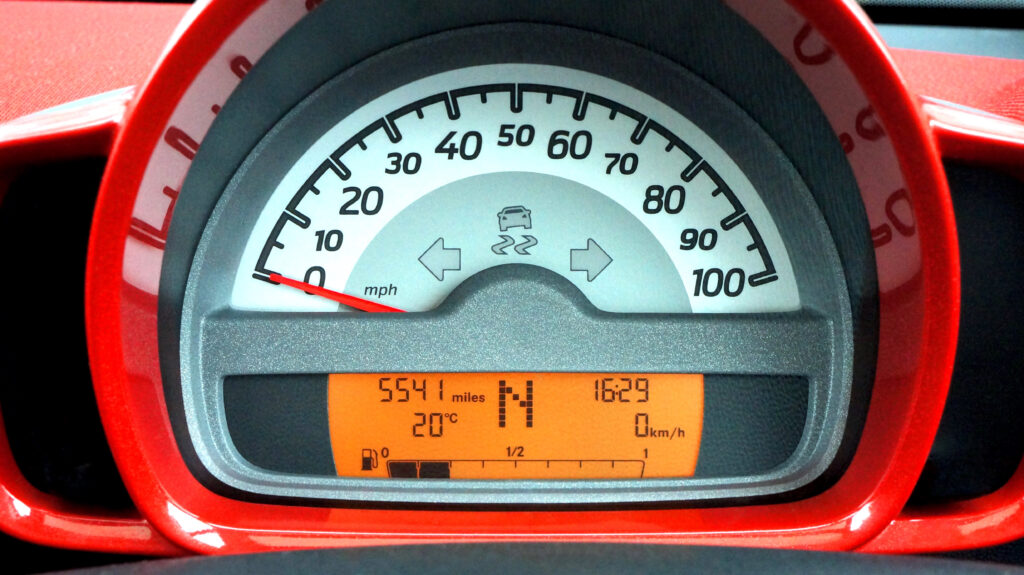
Do you claim your business miles at the IRS optional rate? If so, imagine the IRS is now auditing you for your business mileage. The IRS has requested odometer readings for your vehicle. You might wonder if the IRS can do this.
The answer is yes. The tax code says that you must substantiate your business vehicle deductions by adequate records or by sufficient evidence corroborating your mileage deduction, including the time and place of the travel and the business purpose.
The standard mileage rate does not reduce the need for vehicle mileage records. In other words, the need for the documents that prove business mileage does not change when you use the IRS standard mileage rate. They are the same mileage records you need with the actual expense method.
Here’s what the IRS, in its Internal Revenue Manual, tells its examiners to do when looking at business miles:
To verify total miles for the year, the taxpayer should provide repair receipts, inspection slips or any other records showing total mileage at the beginning of the year as well as at the end of the year.
The bottom line here is that the burden of proof is on you to prove your business mileage as required by the law. Thus, make sure that you retain odometer readings at or near the beginning and end of the year from oil changes, vehicle inspections, and repairs.